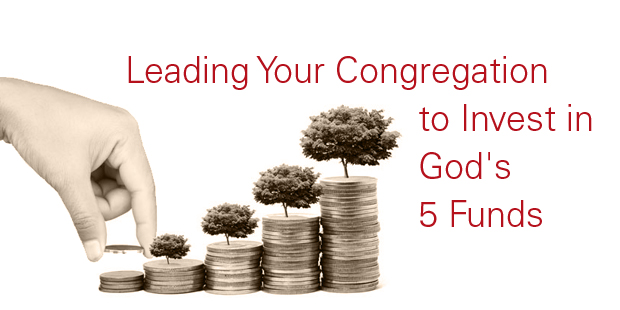
Out of The Heart… How Giving Reflects Belief
“You evil, lazy slave!”
These are the words the master had for the third servant in Jesus’ story recorded in Matthew 25. Each had been given a substantial sum of money; each had made choices about what to do with it. The first two servants, with varying success, had taken what had been entrusted to them and put it to work. When the master came back, these two were lauded for their good investment and faithful stewardship.
But not the third.
The third took his talent, dug a hole, and put it in the ground. And the master had that harsh rebuke for him.
He was wicked. And he was lazy. And here is the end result:
“So take the talent from him and give it to the one who has 10 talents. For to everyone who has, more will be given, and he will have more than enough. But from the one who does not have, even what he has will be taken away from him. And throw this good-for-nothing slave into the outer darkness. In that place there will be weeping and gnashing of teeth” (Matthew 25:28-30).
Jesus told this story, along with a few others, during His last days in Jerusalem. All of the stories in Matthew 25 are centered around the theme of readiness. Jesus wanted His followers to live with the end in mind; convinced that He would return at a moment’s notice, and to be ready at a moment’s notice for that inevitable coming.
We look at this story and take many applications from it. We see the need to make the most of what we’ve been given. We see that there is an active stance we must take while waiting for Jesus to return. We see that we must make wise choices for the sake of the kingdom.
But there is an issue at the bottom of this kind of kingdom investment. The issues, as is always the case, is what we believe about God.
Look back at the way the third servant responded when the master returned and asked what had been done with the gifts He had given:
“Master, I know you. You’re a difficult man, reaping where you haven’t sown and gathering where you haven’t scattered seed. So I was afraid and went off and hid your talent in the ground. Look, you have what is yours” (Matthew 25:24-25).
See it? I know you.
But he did not.
Nowhere in this story do we have the slightest indication that the master was a hard man. Nowhere do we see him being unfair. Nowhere do we find him being stingy or overbearing. Instead, we see him being generous, and overly so at that. Even though the master distributed the talents unevenly, the smallest portion was a gigantic sum.
I know you says the third servant.
But he did not.
This is the root of the issue. This is the bottom of it all. The real question, then, is not what you are going to do with what God has given you. The real question is, “Do you really know Him?”
Do you really know His generosity? Do you really know His kindness? Do you really know His love? Do you really know Him?
What you do is a reflection of what you believe.
Today, then, as we either hold tightly to what we’ve been given, bent on our own self-preservation, refusing to relinquish our grip out of fear or anxiety or greed, then we would do well to ask ourselves that question:
Do we really know Him?

Tags: Giving, Investment, Michael Kelley















